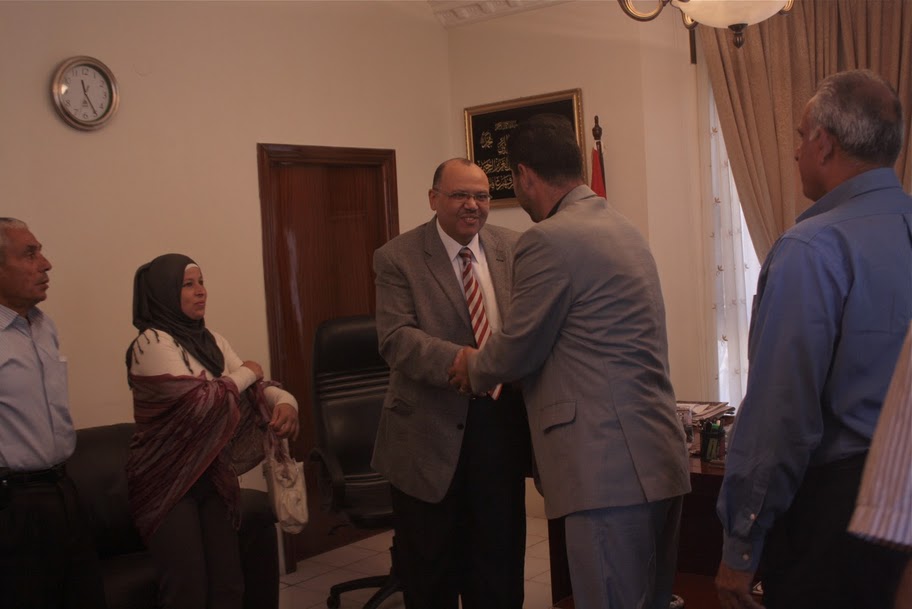Tag: Egypt
-
Egyptian Ambassador promises to deliver petition to open Rafah Border
2 November 2011 | International Solidarity Movement, West Bank On November first, activists from popular committees and activist youth movements through out the West Bank met with Egyptian ambassador , his Excellency Yasser Othman, in Ramallah to express their congratulations and support for the people’s revolution of Egypt and to formally present a petition to…
-
Three cousins die in Gaza tunnel collapse
30 September 2011 | International Solidarity Movement, Gaza Shortly after 5:00 pm on Sunday, September 25, three Palestinians died when sewage leaking from an Egyptian pipeline caused a tunnel connecting the Egyptian and Palestinian sides of the Rafah border, in which they were working, to collapse. It was the second time that the pipeline, which…
-
It’s time to end this siege for good
13 August 2011 | Viva Palestina Viva Palestina is returning to Gaza with our sixth major international aid mission to bring an end to the illegal siege. Much has changed for the Palestinian people and the wider region in the 11 months since our last convoy. Dictatorship has fallen in Egypt. Palestine has moved up the international…

